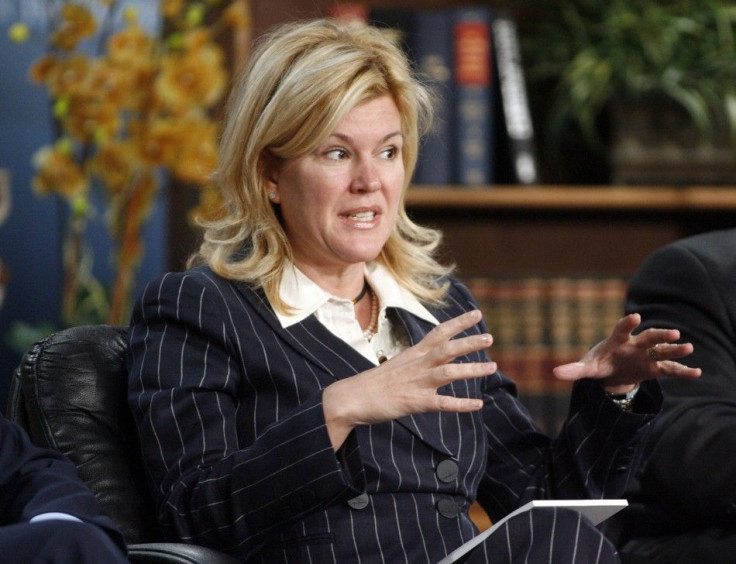The call for the collapse of munis is too late

Tom Sowanick is Co-President and Chief Investment Officer at Omnivest Group in Princeton, NJ.
All of the market hype about the imminent collapse of the muni market may in fact be too late. Notable figures such as Meredith Whitney and Nouriel Roubini, who have recently warned of the coming disaster for muni bond holders, have frankly come to the party a bit late.
While there is very little doubt that the muni market will continue to come under significant pressure from the second order effect of the weak housing market and stagnant job growth, the real issue is that municipal market investors have been suffering for the past 4 years, in terms of relative performance. Just imagine what will happen if Ms. Whitney and Mr. Roubini are only half correct?
The fact of the matter is that for the past 4 consecutive years, muni investors would have been better off not chasing the enticing rising after-tax yields of the municipal market, but instead, should have been investing in the 1-3 year corporate bond market.
Cumulatively, since the beginning of 2007, the municipal bond market has produced a total return of 16.63 percent. That doesn’t look too bad, right?
Well, let’s consider the returns if you would have been invested in the very short-end of the corporate yield curve. The 1-3 year corporate bond market earned 24.4 percent during the
same period.
The sad story is that municipal market experts rarely compare returns on an expected total return basis; instead, they always compare the taxable equivalent yield of the municipal market with that of taxable debt alternatives. This simple comparison often ignores the shifting sands of credit deterioration or improvement which can have a major impact on the total return results.
The fact that the municipal bond market has done so poorly over the past 4 years, relative to the 1-3 year corporate bond market, truly understates how poorly munis have done relative to the amount of risk investors have taken.
In terms of interest rate risk, the municipal bond market has a duration of 8.2 years versus the 1-3 year corporate bond market which has a duration of 1.93 years. The simple interpretation of duration is price sensitivity and for each 100 basis points change in interest rates, the price of the municipal bond market would be expected to rise or fall by 8.2 percent. The price change for the much shorter duration (1-3 year corporate bond market), would be 1.93 percent per 100 basis point change in interest rates.
The fact that munis have underperformed the 1-3 year corporate bond market (nearly 800 basis points over the past 4 years), begs the question; what would truly happen to the municipal bond market if in fact forecasts for an increase in default rates were realized?
© Copyright IBTimes 2024. All rights reserved.





















